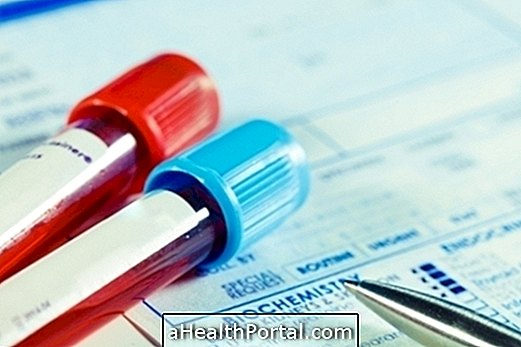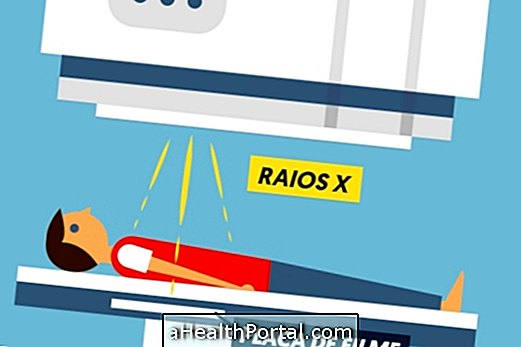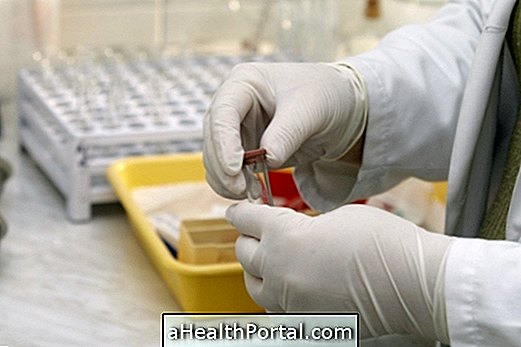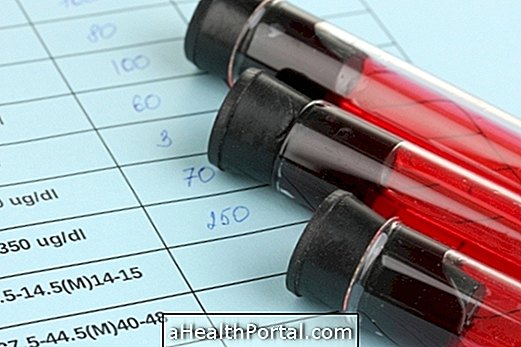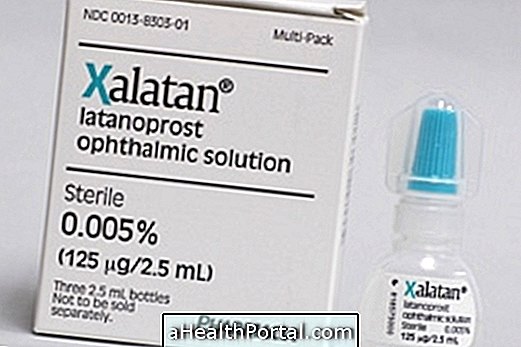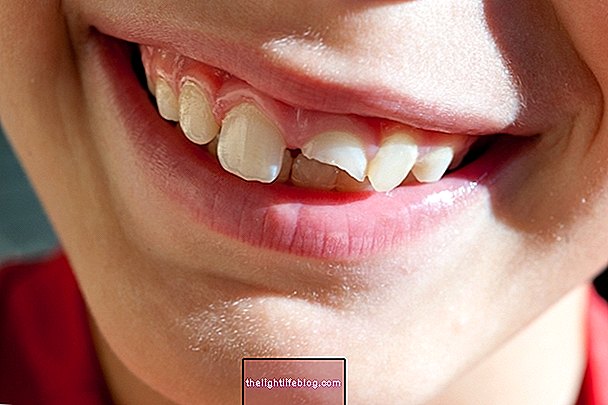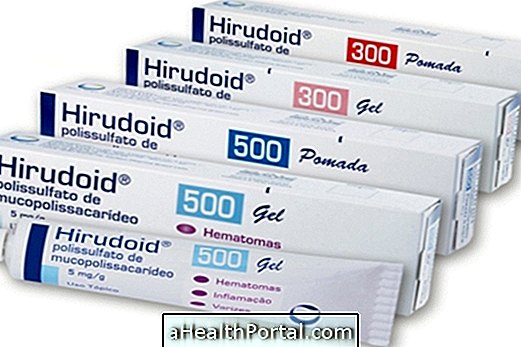Growth hormone, also called GH or somatotropin, is an important hormone produced by the pituitary gland that acts on the growth of the child and adolescent and also participates in processes of body metabolism.
This test is done by dosing in blood samples collected in the laboratory and is usually requested by the endocrinologist when there is suspicion of the lack of GH production, especially in children who show below-expected growth or cases of gigantism or acromegaly.
The use of GH as a medicine is indicated when there is deficiency of the production of this hormone, in children or adults, as indicated by the doctor. To learn more about how it is used, prices and effects of growth hormone, check out the bull of the hormone GH.

What is it for
The GH exam is requested in case of suspected:
- Dwarfism, which is the growth hormone deficiency in the child, causing short stature. Understand what is and what may cause dwarfism;
- GH deficiency in adults caused by below-normal GH production, such as fatigue, increased fat mass, decreased lean mass, decreased ability to exercise, reduced bone density, and increased risk of developing cardiovascular diseases;
- Gigantism, characterized by excess secretion of GH in the child or adolescent, causing an exaggerated growth. Understand how to identify and treat gigantism;
- Acromegaly, a syndrome caused by overproduction of GH in the adult, causing changes in the appearance of the skin, hands, feet and face. See also the differences between acromegaly and gigantism;
The lack of GH in the body can have several causes, such as genetic diseases, brain disorders, such as tumors, infections or inflammation or the side effect of a chemo or cerebral radiotherapy, for example. Already the excess of GH usually happens by a pituitary adenoma.
How is done
The GH hormone dosage is made by testing the blood sample in the laboratory and is done in 2 ways:
- Dosage of basal GH : it is done with at least 6 hours of fasting for children and 8 hours for adolescents and adults, which analyzes the amount of this hormone in the morning blood sample;
- GH stimulation test (with Clonidine, Insulin, GHRH or Arginine) : it is done with the use of medicines that can stimulate the secretion of GH, in case of suspicion of the lack of this hormone. Next, blood GH concentrations are analyzed after 30, 60, 90 and 120 minutes of drug use.
The GH stimulus test is necessary because the body's production of the GH hormone is not uniform and can be interfered with by factors such as fasting, stress, sleep, sports, or when the amount of glucose in the blood drops. Thus, some of the medicines used are Clonidine, Insulin, Arginine, Glucagon or GHRH, for example, that stimulate or inhibit the production of the hormone.
In addition, the doctor may also order other tests, such as the dosage of hormones such as IGF-1 or the IGFBP-3 protein, which change with variations in GH: Magnetic resonance imaging of the brain to assess pituitary abnormalities, as well may be useful in identifying the cause of the problem.
